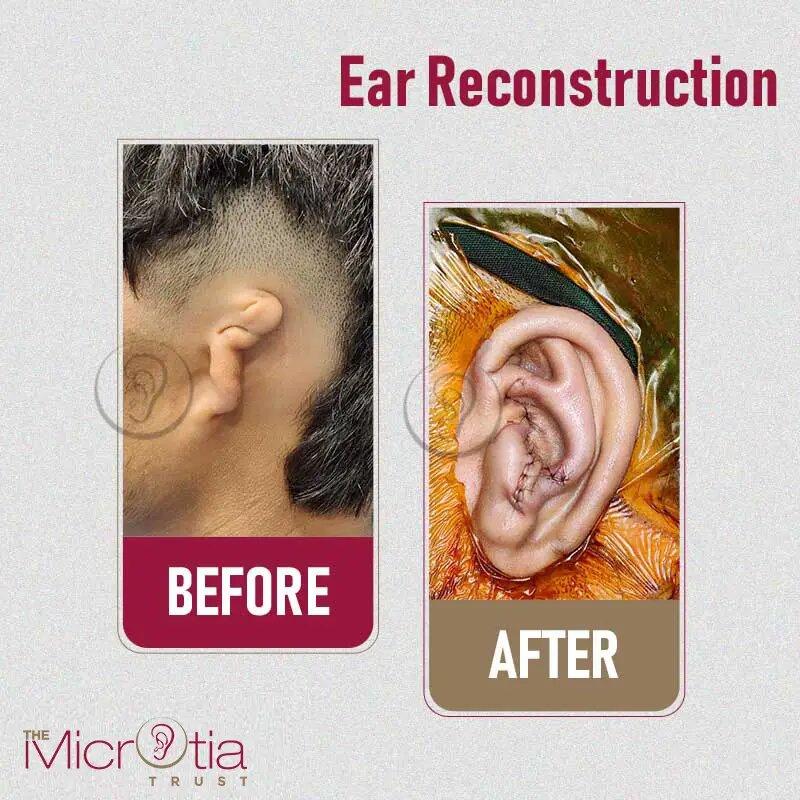Different Types of Ear Deformities

Did you know? Approximately 6–8% of infants are born with abnormalities in their ears. Dr. Parag Telang, a renowned surgeon for ear correction in UK, explains that this condition impacts the growth and development of the cartilage present around the ears, causing it to affect the functioning and appearance of the ear. Patients with ear deformities may experience severe social impairment if they are left untreated. In this blog, we will learn about the various types of ear deformities caused in children.
Ear correction: Different types of ear deformities
Anotia
Anotia is a congenital ear deformity that is present at birth. Anotia is referred to as the absence of the entire external part of the ear. This condition can be caused to one ear, which is more common, or both ears.
Microtia
Microtia is a congenital deformity where the child is born with a small and malformed external ear. In this birth defect, the ear does not fully develop during the first trimester of pregnancy.
Lop Ear
Lop ears refer to an ear deformity where the top rim of the ear is either folded over, wrinkled or tight. Lop ear is caused by a relative lack of skin, i.e., underdeveloped helical cartilage, as well as a smaller cartilage framework than the other side.
Cup Ear
Cup ear deformity is a common deformity that is characterised by ears that project or stick out further, leaving a gap of more than 2 cm from the middle portion of the ear to the back. This is a congenital deformity that involves a malformation of the helical rim, i.e., the top rim of the ear.
Cryptotia
Cryptotia is often also known as a hidden ear because, in this condition, the cartilaginous frame is normally developed but is contained within a pocket of skin. This ear deformity is defined as a condition where the upper portion of the ear is buried under the skin of the scalp.
Bat Ear
The bat ear or prominent ear is an abnormally protruding human ear where the concha is large with a poorly developed anti-helix and scapha. It may be unilateral or bilateral. The concha is large, with an underdeveloped antihelix and scapha. It results from cartilage malformation during primitive ear development in the early stages of life.
If one is looking for the best ear surgeon in USA, consult with Dr. Parag Telang today.



Comments